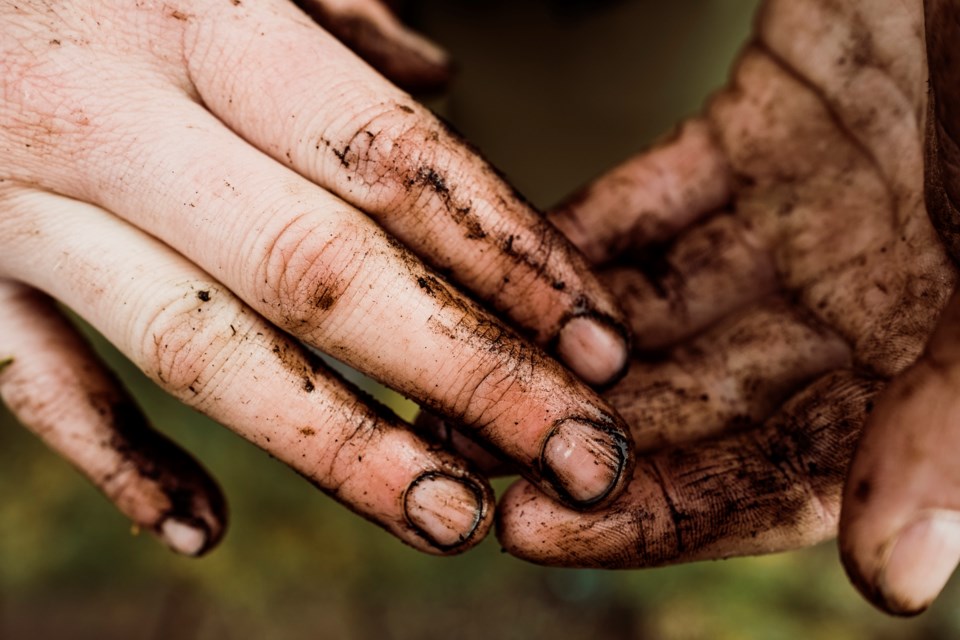As most of us are aware, there is an environmental crisis worldwide.
Although it feels like a colossal issue that can’t be solved by any one person, there are some things that most people could do to help combat climate change and some that are happening right now in Squamish.
Sustainable agriculture is a concept that anyone can enact.
It’s also a concept that four of the community farms in Squamish know all about.
The farms do a particularly good job in three areas of sustainable agriculture; reduction of soil tilling, diversity of crops, and maintaining the health of soil microorganisms.
One of the most important concepts for sustainable agriculture is keeping soil healthy and avoiding the tilling of the soil.
Tilling the soil causes carbon dioxide to be released into the atmosphere, which contributes to the greenhouse gas effect, according to the documentary, Kissing the Ground.
It also disrupts and destroys the habitats of microorganisms crucial to plant health.
Another important concept in sustainable agriculture is crop diversity.
Crop diversity works in tandem with no-tilling practices to keep microorganisms healthy.
Microorganisms are a key part of sustainable practice because microorganisms are what make the soil healthy, and they are very good at soaking up carbon dioxide in the atmosphere, helping decrease greenhouse gasses.
In Squamish, there are multiple opportunities to learn and put effort into being more agriculturally sustainable.
Supporting our local community farms and gardens and educating ourselves on the issues and possible solutions is very important.
Youth in Squamish especially have access to this opportunity and should take up the torch on this problem. We are the next generation, and we have the opportunity to educate ourselves and help resolve some of these problems.
Though this is a big worldwide problem, and one may feel that a single person cannot fix it, using these simple practices in a small backyard or community garden can make a world of difference.
Squamish may just be a small community, but we have shown great capacity to enact change. Our world needs to adapt to new times, and that may mean a big whack in the face of realizing we can’t live in our world for very long until we make some big changes in our agricultural habits.
We only have an estimated 60 harvests left until our soil is completely eroded, unusable, and unsavable.
We need to find ways to transition from the historical industrialized agriculture model and adapt our methods to become more resilient and sustainable for our future. Squamish is on the right path, but we need more educational outreach for our issues. We already have some community gardens, as well as a farm studies course offered at Howe Sound Secondary, but we have only just started this long journey. Squamish could start a wave of influence that can and will spread the first steps of educating our next generation of citizens. Youth will take the reins, and if we want to have some control over our future, youth representation in agriculture is very important not only in Squamish but worldwide as well.
Daisy Hawkins is a Squamish teen and member of the Squamish Youth Council.


.png;w=127;h=120;mode=crop)
.png;w=80;h=120;mode=crop)
.png;w=120;h=80;mode=crop)
